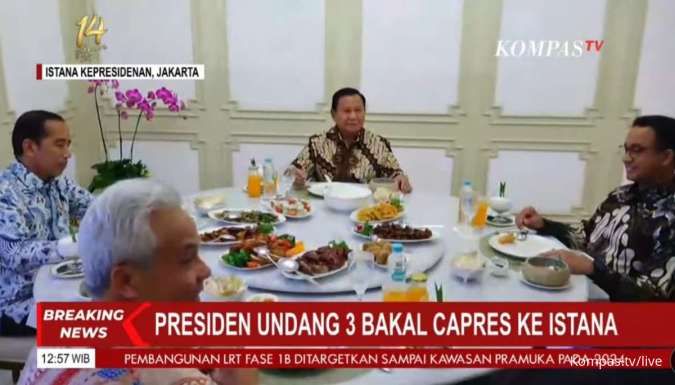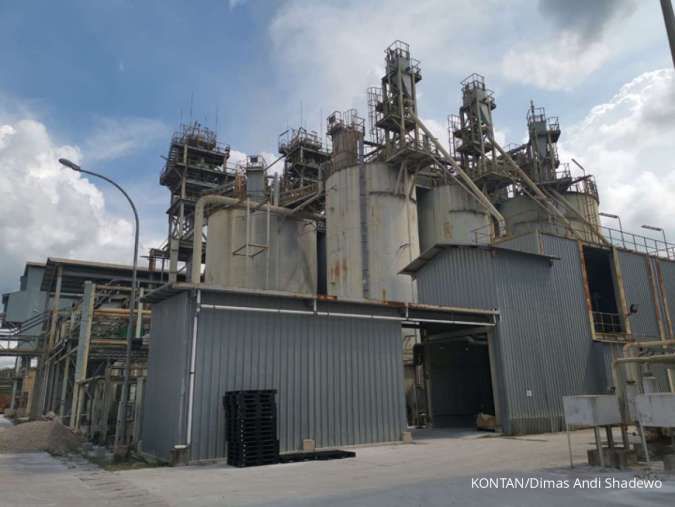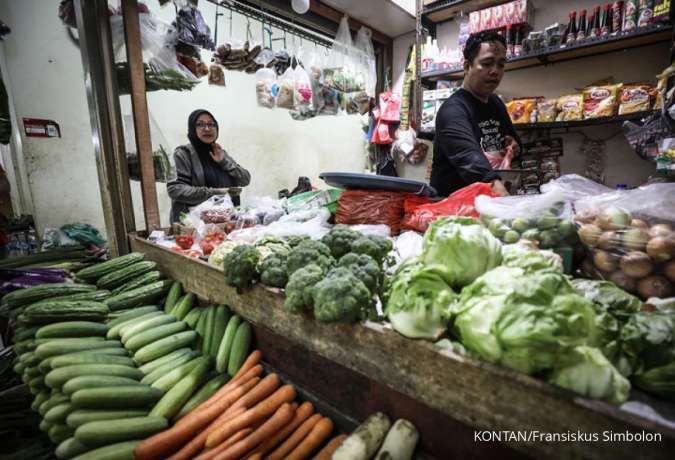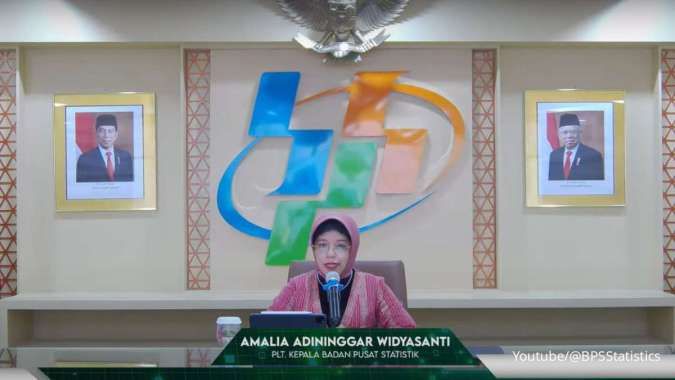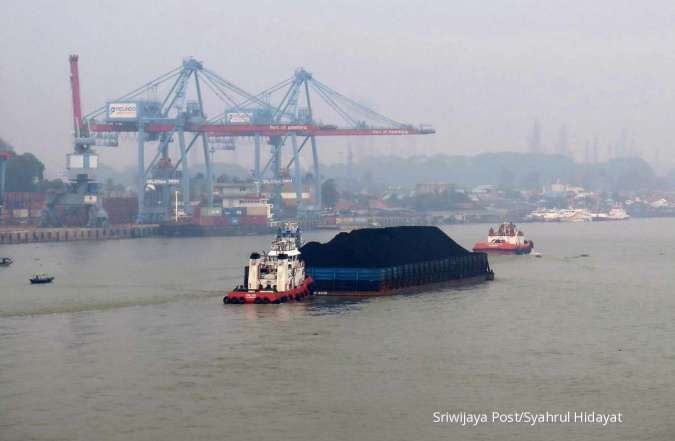MINING - JAKARTA. The government is considering granting Mining Business Permits (IUP) to community organizations and religious organizations, providing them with the opportunity to manage mines, particularly coal commodities.
This plan will be included in the revision of Government Regulation Number 96 of 2021 concerning the Implementation of Mineral and Coal Mining Business Activities.
According to the regulation in Article 75 A, (1) In the context of improving community welfare, WIUPK can be given priority to private business entities. (2) Provisions regarding priority granting to private business entities as referred to in paragraph (1) are regulated in the Presidential Regulation.
With the revision of these rules, community and religious organizations will have the opportunity to manage mines.
Eddy Soeparno, Deputy Chairman of Commission VII of the DPR, said that only religious organizations that meet the requirements and have the capacity and competence to carry out mining activities are granted permits.
Read Also: Indonesia Will Revise Government Regulation for Freeport to Extend Contract Sooner
"So not just any organization, but it must go through a process and must have a minimum competence capable of meeting the requirements set by the Law and Government Regulations," Eddy said when contacted by KONTAN, on Tuesday (16/4).
Eddy explained the consideration of organizations being allowed to conduct mining business is because religious organizations have a large social function and role for the community. If they have the ability to manage mining, it will make it easier for them to self-manage their organization without having to rely on third parties to fund activities due to the large need to mobilize community organizations in the religious field.
"In my opinion, this is perfectly fine," he continued.
Meanwhile, the Chairman of the Nahdlatul Ulama (PBNU) Ahmad Fahrur Rozi or Gus Fahrur said, the plan is good if organizations that are truly rooted in the community get a share of the IUP so that it can be used for the empowerment of its citizens. Because, this helps the government accelerate progress in the fields of education, preaching, and welfare of the ummah.
Read Also: Tridomain Performance (TDPM) Will Change Its Name to Tianrong Chemical Industri
"However, it must still be selective and truly organizations that benefit the wider community. The technicalities can be adjusted to the applicable law with various innovations and conveniences. Everything remains within the corridor of rules for the benefit of the people," Fahrur said when contacted by KONTAN, on Tuesday (16/4).
The Center for Economic and Natural Resources Studies (Pusesda) believes that the policy of allowing organizations to manage mines will conflict with Law Number 3 of 2020 concerning Mineral and Coal Mining.
Pusesda Director Ilham Rifki said, the IUP to be distributed is the result of a previous revocation, which was legally proven not under procedures and authority, its jurisprudence can be seen from many administrative court (PTUN) decisions ordering the government to return the IUP to the previous business entity owner.
"So the government should first provide an opportunity and clarify the status of the previously revoked IUP. Article 40 (4) of the Minerba Law states that the holder of the IUP who finds the mining commodity is given the opportunity for priority business," Ilham told KONTAN, on Tuesday (16/4).
Read Also: President Jokowi has Announced that Indonesia Will Import 3 million tons of Rice
Then, said Ilham, religious organizations are not the subject entitled to IUP according to the Minerba Law. The granting of IUP, especially minerals and coal, currently must go through an open auction to be followed by other business entities. Priority to win the auction is only given to state-owned enterprises, not organizations.
Furthermore, the discourse on granting IUP to organizations does not have a clear basis, criteria, and urgency. On the other hand, the impact of legal uncertainty and efforts in the mining sector continue to occur since the massive revocation of IUP.
"Legal disputes, territories, and ownership are very likely to occur if the distribution of IUP to organizations is still carried out," said Ilham.
He added, that following its complex business typology, the mining sector requires sufficient skills and capital. Nothing can guarantee that mining by organizations can have a more positive impact on the state.
/2024/02/05/1190190445p.jpg)
